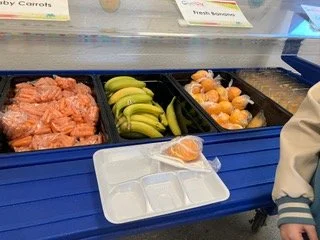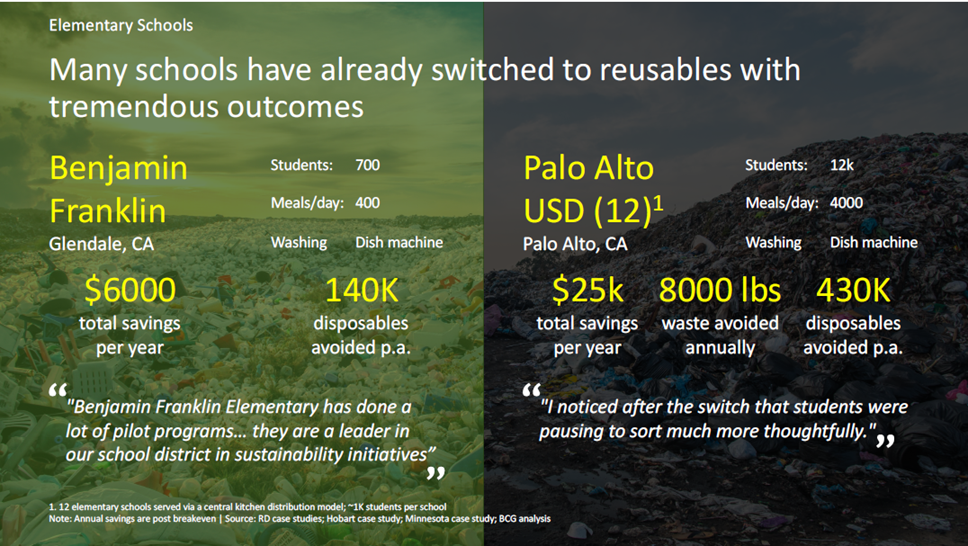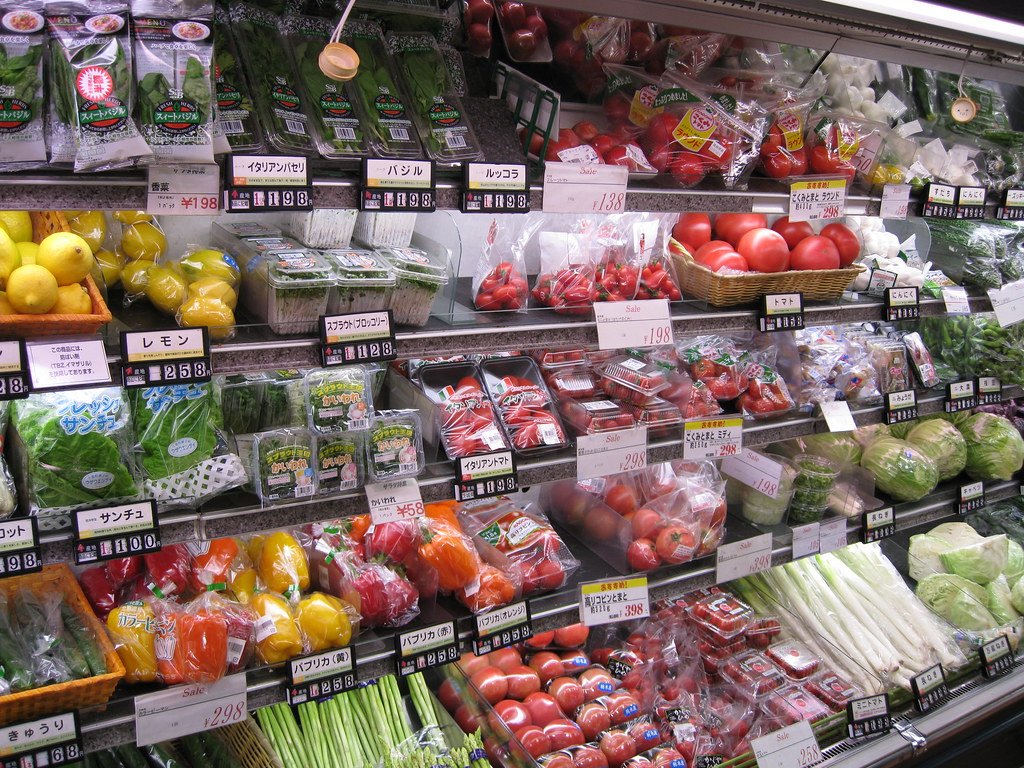Plastics harm Children!
*
Why should we worry?
They’re everywhere!
Although plastics have been around for about 50 years, the usage has shot up in the last 30 years.
Plastics have very useful uses and have been tremendously helpful in medical equipment, construction etc.
However, plastics and other chemicals like PFAS are now found everywhere, in our water, air, clothing, in our buildings, furniture, kitchen, toys, including freshly fallen snow in the Lake Tahoe basin, according to DRI.
Limited Research
There are many varieties of plastics and over 12,000 varieties of PFAS chemicals.
Most of the research on impact of plastics on our health is new, not older than 5 years.
We don’t yet understand the full impact of plastics on our health
The research already shows nano plastics found in a newborn baby and adverse effects of long terms issues are surfacing as the research continues.
Standards and Regulations challenges
There are NO standards and NO regulations in the United states, although there are some attempts.
It is quite hard to set standards and regulations given the sheer variety.
Our government is starting to act on restricting their usage but it's a very slow process and efforts are hindered by plastics industry lobbying.
Exposure
Children are exposed to plastics from an early age and accumulation of them in their bodies over time is much higher than in adults.
If this exposure is not contained, we might be subjecting them to unnecessary, totally avoidable risks that we don't yet have the research and data for.
*
Over the last few decades, most schools in the United States have ditched reusable foodware in favour of single-use, disposables. Convenience is the most common reason given for this change. While the environmental cost of plastics are well known,
Research provides a unique review of contact chemicals and plastics in packaging, utensils, plates, etc. and how they contaminate food and how it affects human health.
-

Health risks to Children
Early studies about the health effects of chemicals from plastics show that they may affect the:
* Brain
* Endocrine system (the system that controls hormones, or the chemicals that regulate metabolism)
* Immune system
* Reproductive systems
* Behavior problems.These health risks are worse for babies and children.
Click the link below to find some very informative, children friendly videos on this topic. -

Plastics in foodware.
Plasticizer: a chemical used to make plastic more flexible and durable. Today, plasticizers—the most common of which are called phthalates—show up inside almost all of us, right along with other chemicals found in plastic, including bisphenols such as BPA. These have been linked to a long list of health concerns, even at very low levels.
According to Consumer Reports: https://www.consumerreports.org/health/food-contaminants/the-plastic-chemicals-hiding-in-your-food-a7358224781/Also check the ‘Center for Environmental Health’ article below under the Health Concerns section.
-

Recycled plastics
FDA's main safety concerns with the use of PCR plastic materials in food-contact articles are:
1) that contaminants from the PCR material may appear in the final food-contact product made from the recycled material,
2) that PCR material may not be regulated for food-contact use may be incorporated into food-contact article, and
3) that adjuvants in the PCR plastic may not comply with the regulations for food-contact use.
https://www.fda.gov/food/packaging-food-contact-substances-fcs/recycled-plastics-food-packagingThere are now thousands of different types of plastic, and none of them can be melted down together. Plastic also degrades after one or two uses. Greenpeace found the more plastic is reused the more toxic it becomes.
https://www.npr.org/2022/10/24/1131131088/recycling-plastic-is-practically-impossible-and-the-problem-is-getting-worse
Recycled and reused food contact plastics are ‘vectors’ for toxins – Guardian
Let’s protect our children’s health and the environment while saving money by switching to reusables!
*
-

The Health Benefits of Reusables
Switching to reusables, especially steel, which is free of these harmful materials, will protect our children.
Please note that Reusable plastic foodware, such as Melamine, are found to be harmful. Bio-based plastics also have other challenges related to production, transportation and disposal.
https://news.climate.columbia.edu/2017/12/13/the-truth-about-bioplastics/
Biodegradable foodware may also contain PFAS chemicals.Given the above reasons, we recommend steel as the safest choice.
-

Save on costs
Whether your school’s food is prepared and served on-site; orepared off-site and delivered from a central commercial kitchen; or provided by contracted food management companies, or a combination of the above—there are cost-effective solutions to shift from single-use to reuse in cafeterias, quick grab-and-go stations, and events.
Reallocating your budget from maintaining a costly take-make-waste operation in campus food services to a circular system of reuse for dine-in and grab-and-go will build efficiency that:
reduces waste, carbon emissions and plastic pollution
cuts costs
enhances the dining experience
offers a service that your school community enjoys and takes pride in -

Help the Environment
Reusable foodware eliminates the waste generated by Single-Use. It eliminates the waste that ends up in our landfills and waterways. In addition, reuse wins for CLIMATE too! It reduces emissions caused by manufacturing and transporting of foodware that’s used JUST ONCE!

As a concerned parent, what can you do?
-
Speak up!
Board members and Nutrition Directors of the school district are very attuned to messaging from concerned parents. Write to your child's school board.
Also speak up at PFA meetings and/or write to them.
-
Help build a Green team
Find out if there’s a green or a sustainability team at your child’s school. If no, help create a green team in your child’s school. Help them demand elimination of plastics in their school lunches and other places.
-
Join the local parents group
It takes a village!
Signup to find other concerned parents to build a network. Sign up to help us build a strong parents and concerned citizens coalition and change the current practices in your school district. Together, we can achieve more. Reusable Reno team will connect you.
Join the local parents group
It takes a village!!
Signup to find other concerned parents to build a network. Help build a strong coalition and change the current practices in your school district. Together, we can achieve more. Reusable Reno team will connect you.


